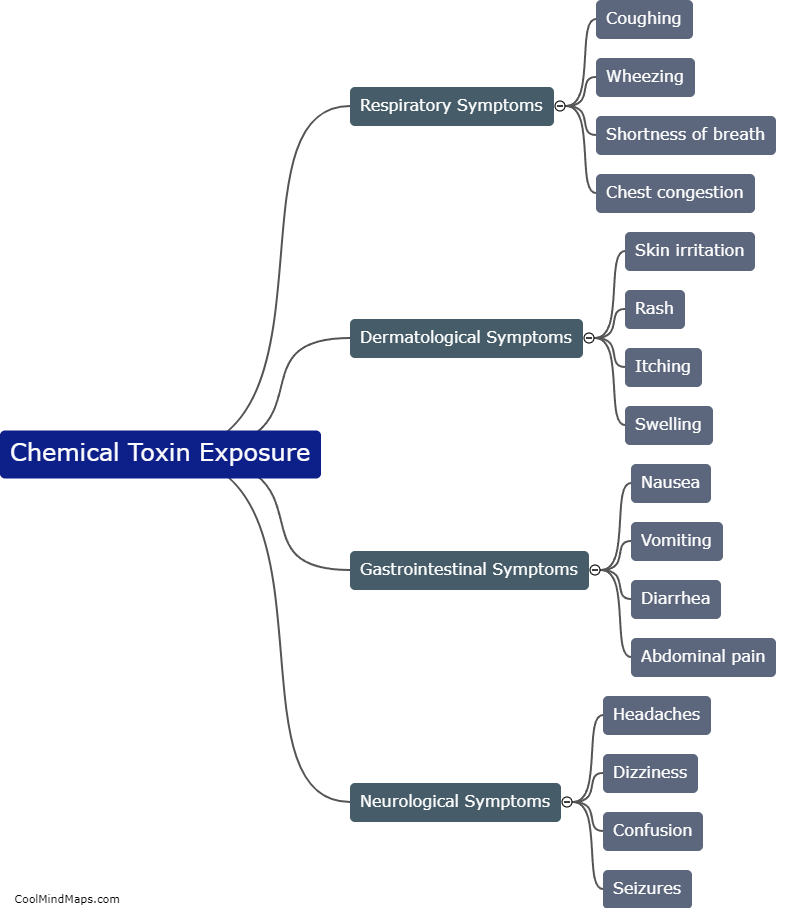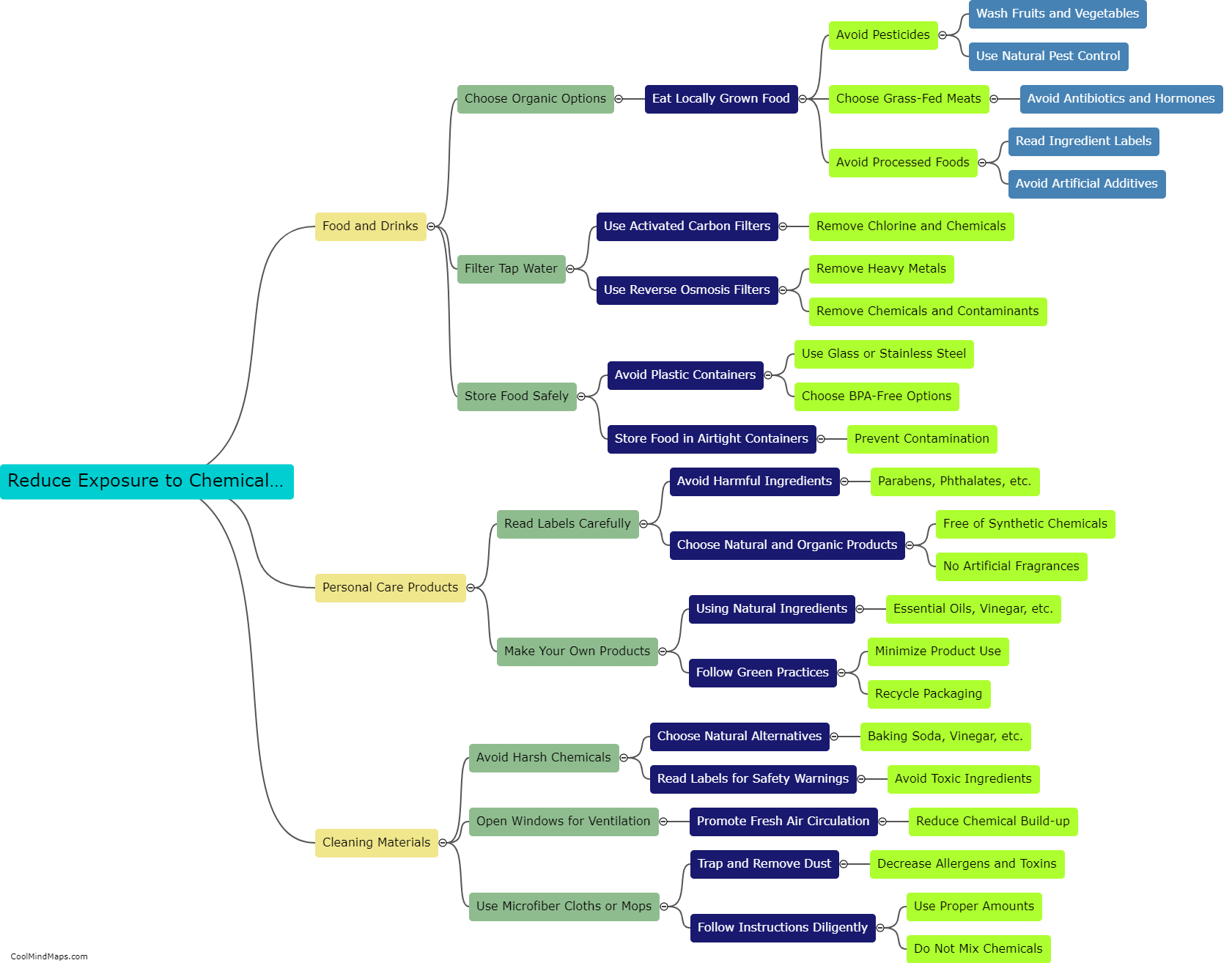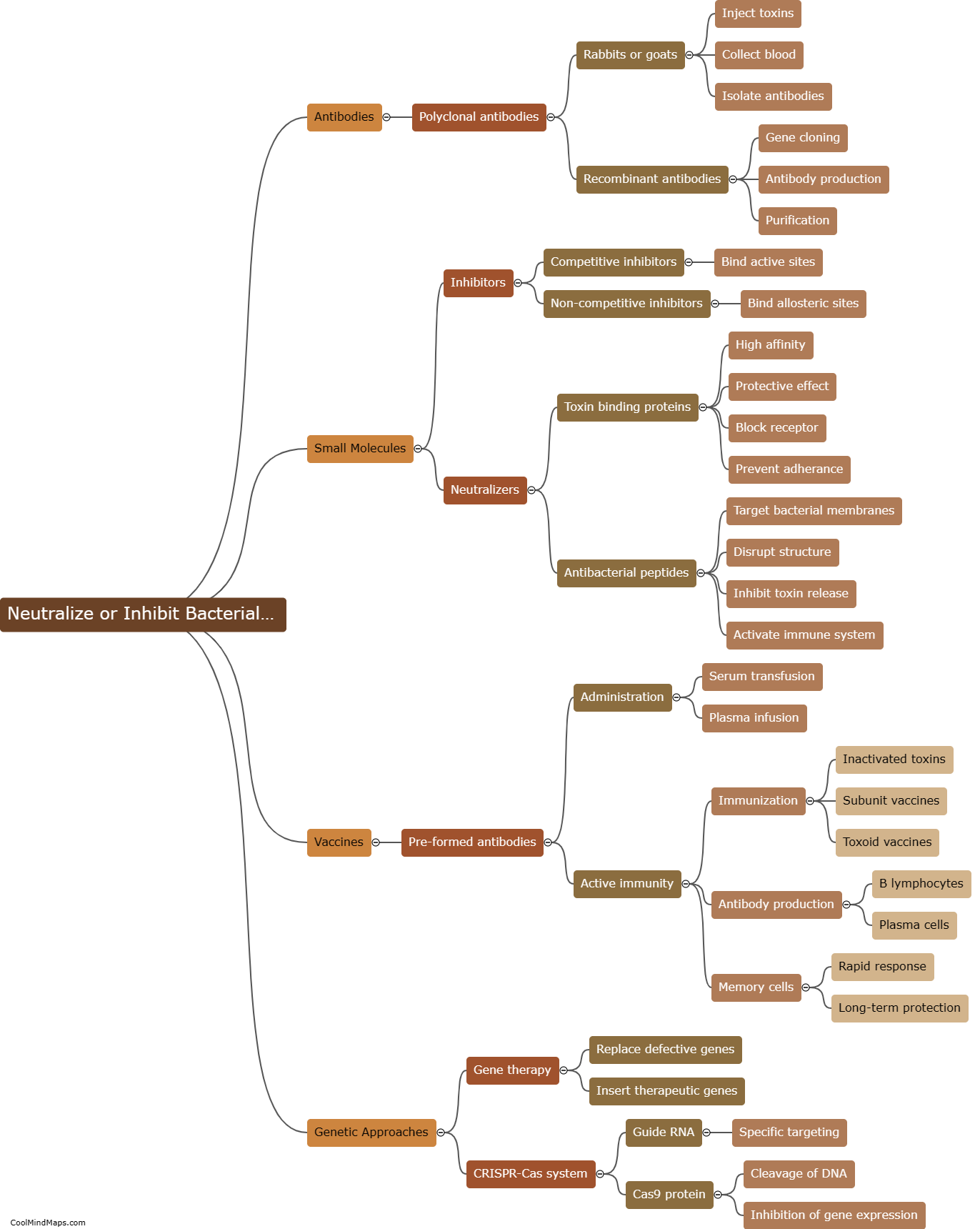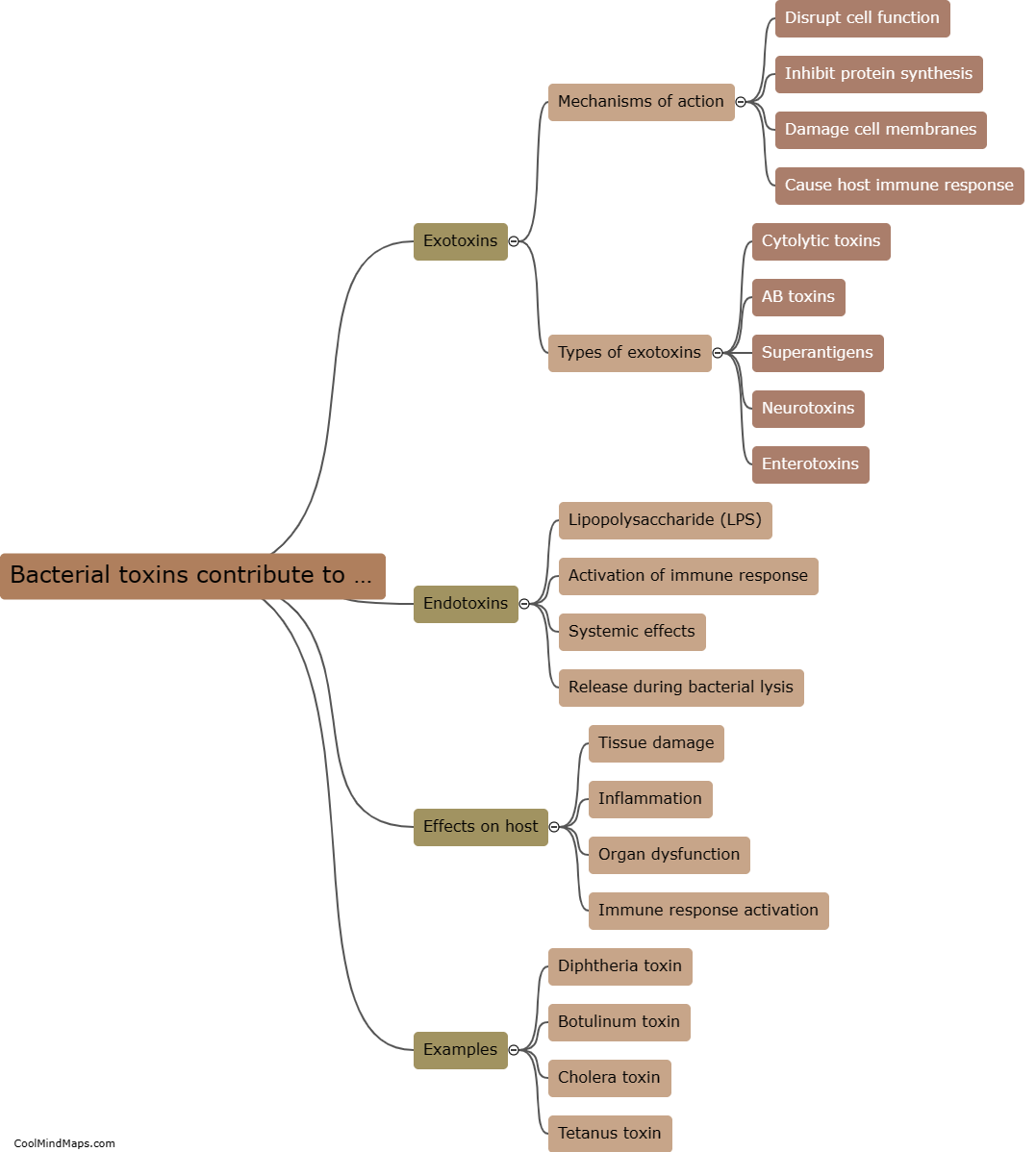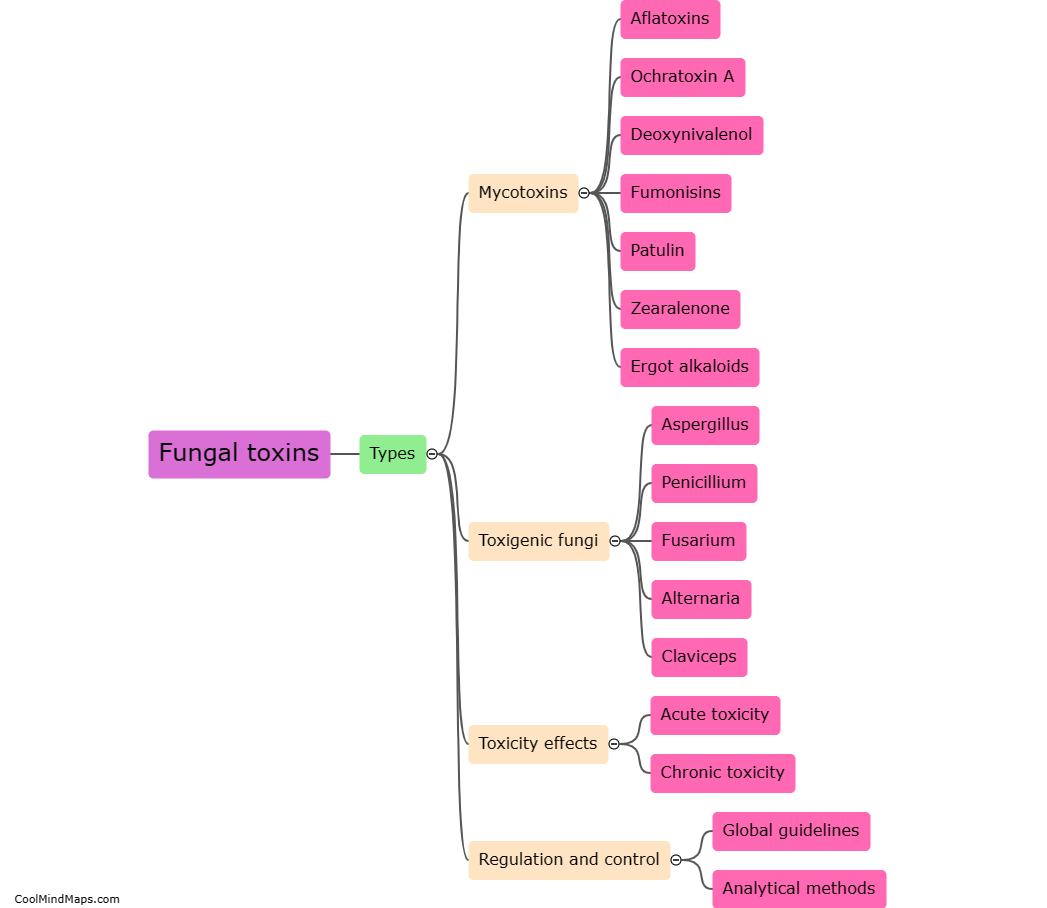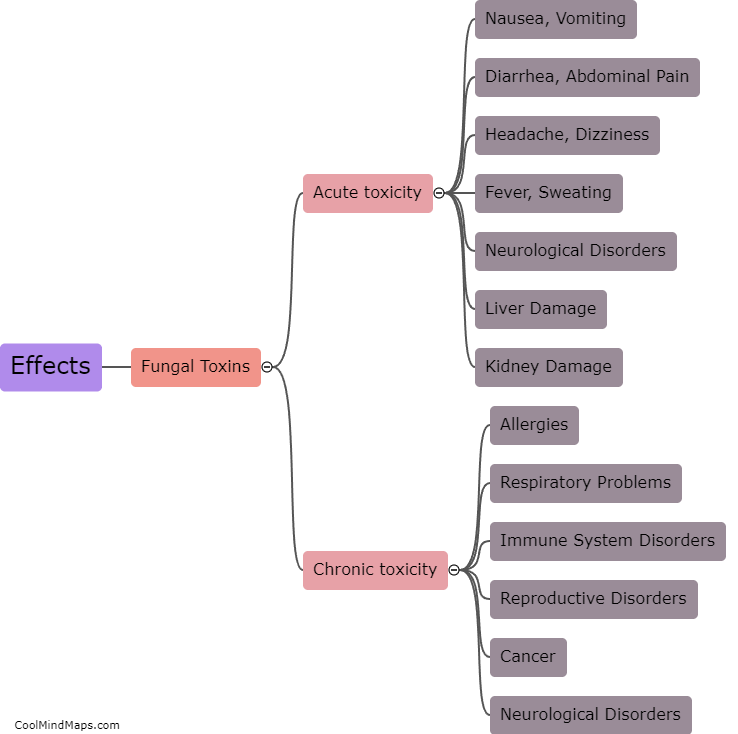What are the types of bacterial toxins?
Bacterial toxins are harmful substances released by bacteria that can cause various diseases and illnesses in humans and animals. There are several types of bacterial toxins based on their mode of action and effects. One common type is exotoxins, which are released into the surrounding environment by bacteria. These toxins can damage host cells, interfere with immune responses, and cause severe symptoms. Another type is endotoxins, which are part of the outer membrane of certain bacteria and are released when the bacteria die or break apart. Endotoxins can trigger a strong immune response and result in inflammation and damage to tissues. Additionally, there are also enterotoxins that specifically target the gastrointestinal system, causing diarrhea, vomiting, and abdominal pain. Toxins can greatly contribute to the virulence of bacteria, allowing them to evade the immune system and establish infections. Understanding the different types of bacterial toxins is crucial for identifying and developing strategies to combat bacterial infections.
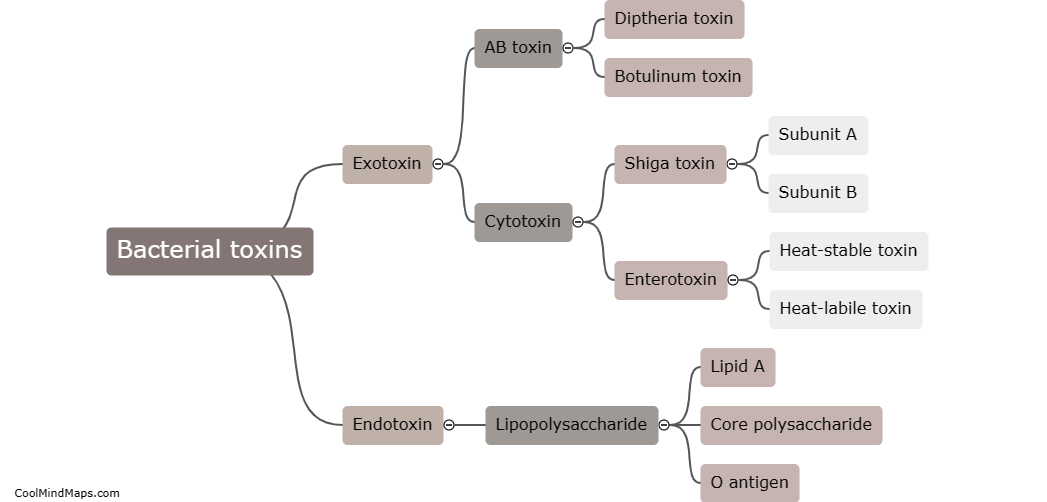
This mind map was published on 3 December 2023 and has been viewed 99 times.




